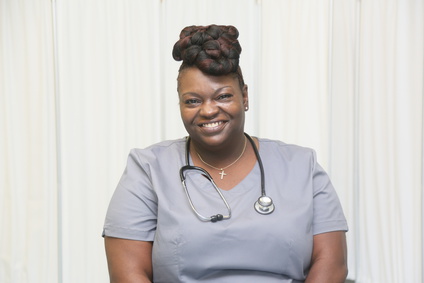I’m a bit biased, but I think mid-career (i.e. after several years of employment) is one of the best times to start freelancing full-time.
Of course, it’s beneficial to everyone to learn the skills needed to freelance as early as possible, but spending time in the employment world, even with all its issues, brings along with it a special set of benefits that can give your freelance career serious legs.
Personally, when I hit 10 years of work and started seeing how age would soon work against me, I started seriously planning an escape — I didn’t want to face being age 40, 50, 60 and adding ageism to the stack of other issues I had to navigate as a worker. (Age is an issue as a freelancer too, but people seem less concerned with the impact of your demographic presence when you aren’t an official part of the team.)
Your Options
You basically have two options when you’re walking into freelancing with years of employed life behind you. You can:
- Continue exactly what you’ve been doing, just in a freelance capacity
- Try something completely (or kind of) different
Option 1 is what you’ll find a lot of the really high-earning freelancers (like on DoubleYourFreelancing) are doing — they’ve built up networks and skills in programming, web-development, engineering, project management, etc. They then get tired of being employed, and decide to go out on their own. This path means that your skillset, niche, all that good stuff is already settled and you focus your freelance work on marketing and building up a client roster.
Option 2 is a bit riskier, but it’s one people who were tired of what they were doing in their employed life tend to take (like me.) Instead of just continuing my work (which, while location independent, wouldn’t have translated well into freelancing), I decided to focus on a career in writing. Not general writing though, I focused down VERY specifically into my employed niche, which allows me to sell my writing at higher rates because I’m such a rare find as a writer.
Some people might want to take option 2 even further and completely ditch all those years of experience, but in my opinion, if you’ve done the work and can find some way to leverage your experience to make more or get established faster, do it.
Benefits
Getting into freelancing has some benefits that are so distinct, I recommend that people who are still early in their career consider a few years of employment just to get a lay of the land…after all, freelancing just means you’re changing your relationship with the company that employees people, not that you’re leaving it behind altogether. Some of those benefits include the fact that…
- You have a network: A potent source of clients
- You understand business problems: A good justification for charging more
- You understand culture: A huge benefit in navigating the particulars of your niche
- You know the big players: A shortcut to your prospect lists
- Your skillset is developed: Early-career freelancers can spend years testing the waters to decide on a skillset. You already know what you do.
How to Get Started
Caveat: A piece of advice I wish I’d gotten a chance to take full advantage of…if you can transition gradually into freelancing, do it. I started after a layoff and thankfully had a severance to give me more buffer time (and get over that 2-year average startup period), but if I had to do it over again, I would have started much earlier.
Getting started as an freelancer with industry experience is relatively simple.
Just like every other freelancer, you want to start with research, but that will focus more around figuring out how well your employed skillset translates to freelance work.
You’re also going to want to look at sites like Upwork to see what’s in demand, but you have the added option of checking out platforms that cater to experienced workers including CloudPeeps, Toptal (developers, designers, finance), and KKOOEE (engineers) to name a few.
Most importantly though, you’ll need to focus your energy on continually marketing yourself and taking control of your online presence as a brand new (and really experienced) freelance professional.
Megan
P.S. Want to read more posts on freelancing mid-employed career? Check these out. Once you feel comfortable, take the next step in building your freelance career here.

Leave a Reply